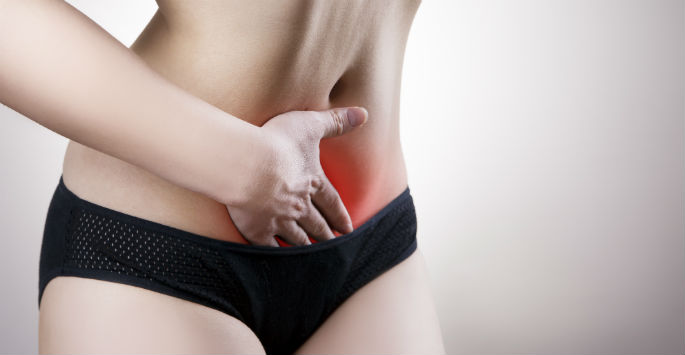Cystitis, or inflammation of the bladder, is most commonly caused by a urinary tract infection. While this condition is usually not serious, it can spread to the kidneys and cause dangerous complications if left untreated. We highly encourage you to learn more about the common causes of cystitis, symptoms you may experience and treatment options that are available.
What are the Symptoms?
A bladder infection is usually characterized by a chronic, strong urge to urinate, a burning sensation during urination, inability to pass more than small amounts of urine, blood in the urine, urine that has a strong smell, pelvic pain or pressure and a low-grade fever. If cystitis progresses and spreads to the kidneys, immediate medical attention is necessary. Signs of a kidney infection include intense pain in the back or sides, high fever or chills, nausea and vomiting.
What Causes Cystitis?
A urinary tract infection is usually caused when bacteria from outside the body enters the urethra and multiplies within the bladder and urinary tract. Bacterial cystitis is most common among women and rarely occurs in men. Among sexually active women, intercourse can introduce bacteria to the bladder, causing infection; however, even young girls can experience urinary tract infection caused by bacteria that lives in and around the vagina. Women who use a diaphragm, are pregnant or have undergone menopause are at higher risk for cystitis.
In rare cases, cystitis is not caused by a bacterial infection. Certain medications, including chemotherapy drugs, can cause inflammation of the bladder. Radiation treatments in the pelvic area can also have this effect, as can the long-term need for a catheter, a reaction to the chemicals in bath and hygiene products and as a complication of certain conditions, such as diabetes or kidney stones.
Treatment and Prevention
Bacterial cystitis is most often treated with antibiotics. If you experience recurrent urinary tract infections, you may need a longer course of medication. In some cases, women who are susceptible to cystitis can prevent infection by taking an antibiotic after intercourse. If your symptoms persist even after completing your full course of antibiotics, you may need a different type of medication.
You can make yourself less susceptible to cystitis by drinking plenty of water, urinating as soon as you feel the urge and immediately after intercourse, wiping from front to back when you use the bathroom, taking showers instead of baths and avoiding scented bath products that can cause irritation.
To learn more about how this condition can be treated or prevented, visit the office of Dr. Sherry Thomas in Agoura Hills. Contact us today to schedule your consultation.

